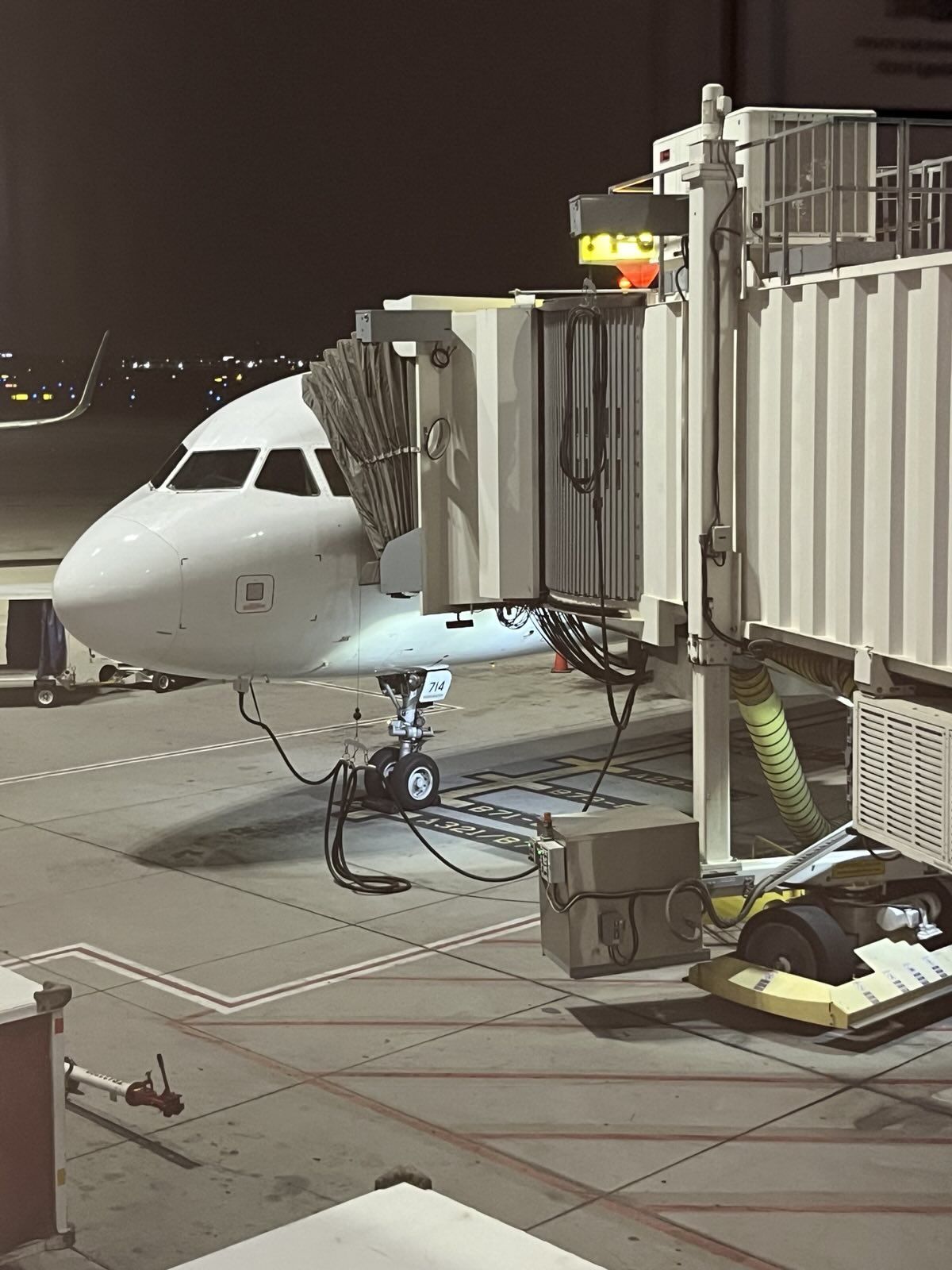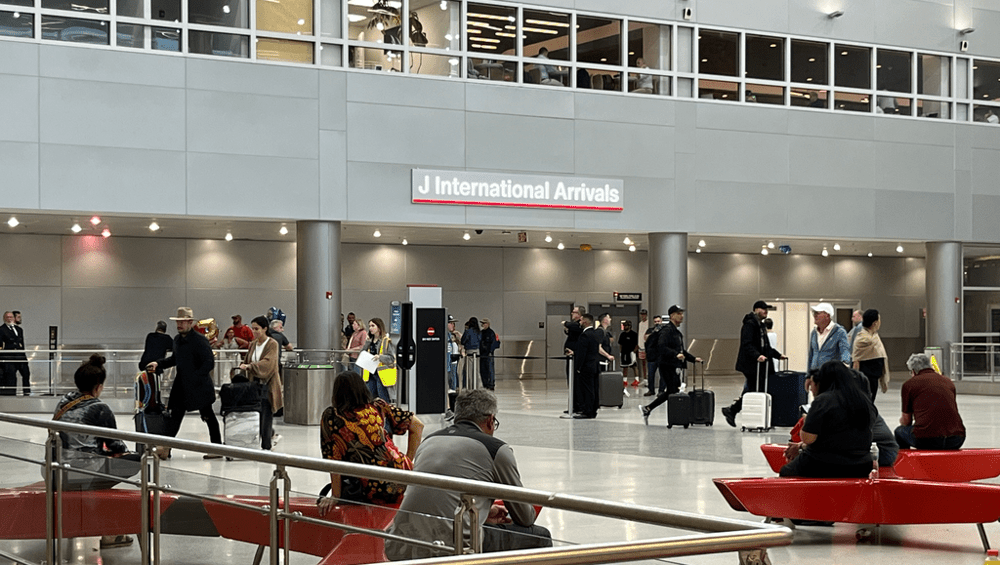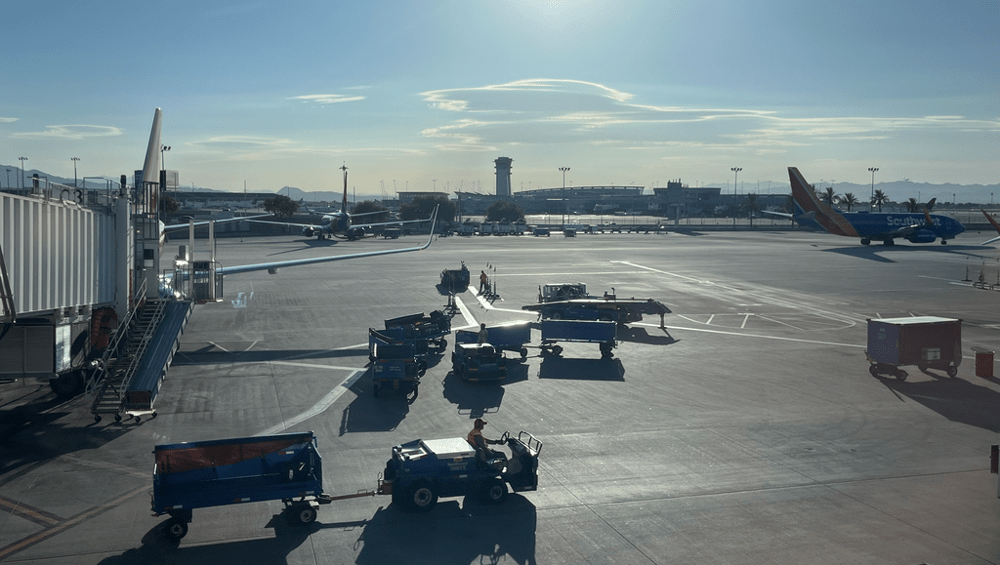Articles
-

Cannabis Air Freight Compliance at International Airports
The future of cannabis air freight hinges on one critical element—security. With shifting global attitudes toward cannabis legalization and a…
Latest Blogs
-

How Israel’s Air Freight Cannabis Model Sets a Precedent
Posted on
Israel has emerged as a pioneering force in the international medical cannabis industry, thanks to its innovative airfreight export model.…
-

How International Air Law Impacts Cannabis Cargo
Posted on
ICAO, IATA, and Legal Barriers Cannabis transport via air cargo remains deeply complex, shaped by layers of international treaties, regulatory…
-

The Future Takes Flight: How Cannabis Air Freight Could Transform Global Supply Chains
Posted on
The global cannabis market is rapidly evolving, and with legalization efforts gaining traction across continents, the possibility of cannabis air…


